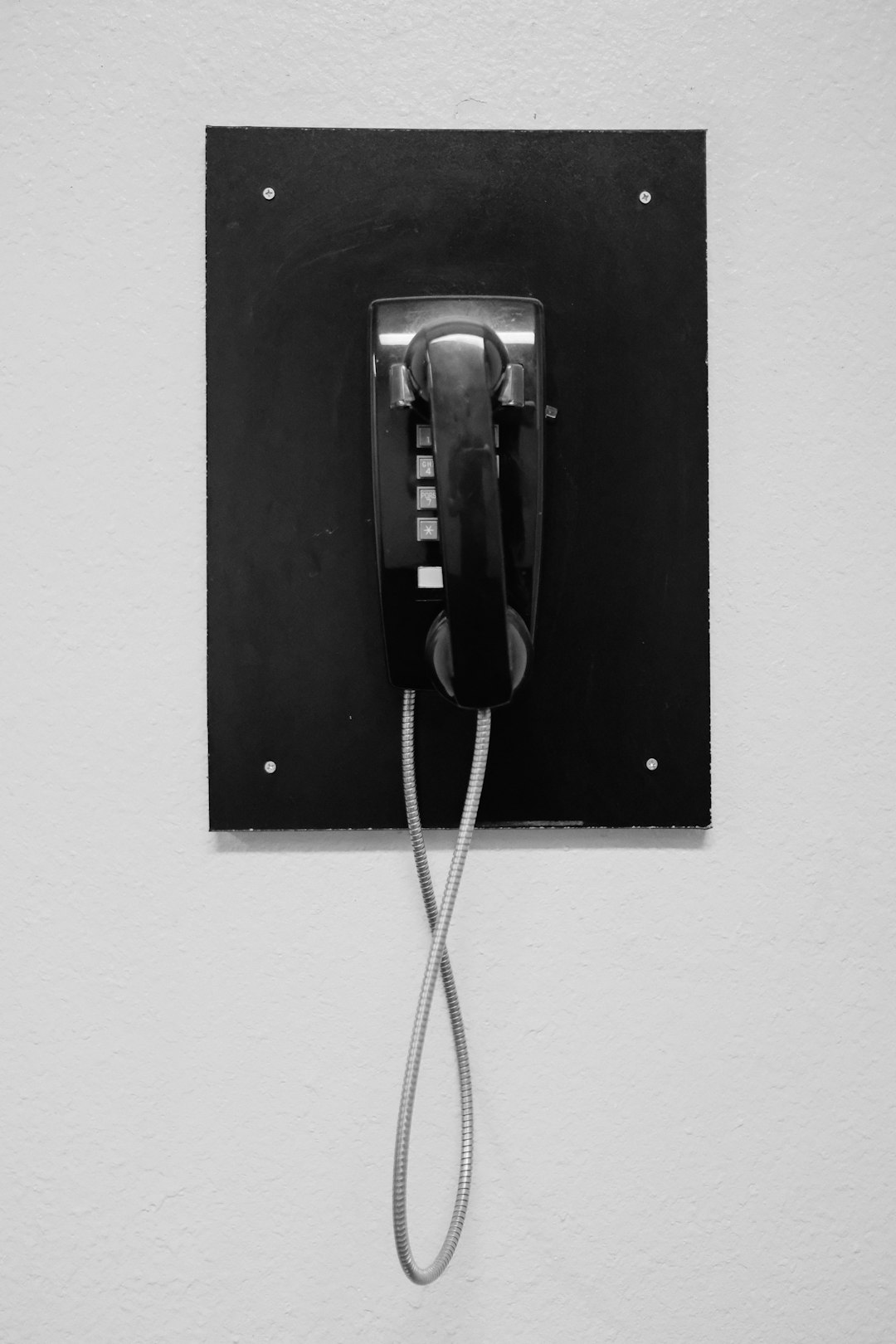In Utah, residents are protected from unwanted robocalls through state and federal telemarketing laws. You may have a case to sue for damages if robocalls violate these laws, causing emotional distress or privacy loss. Documenting call details and reporting them to the Utah Division of Consumer Protection is essential. Understanding your rights and proactive measures can help limit telemarketing nuisances. Consider consulting 'Can I Sue For Robocalls Utah' for legal options and solutions.
In Utah, as across the nation, telemarketing regulations are in place to protect residents from unwanted calls, specifically robocalls. This article delves into the complexities of Utah’s telemarketing laws and explores your rights – including whether you can sue for robocalls. We break down common scams, legal protections, and actionable steps to file a complaint, empowering Utah residents to navigate these regulations effectively. Understanding these rules is crucial in ensuring your peace of mind.
Understanding Robocalls and Telemarketing Laws in Utah

In Utah, telemarketing laws are designed to protect residents from unwanted phone calls, including robocalls. Robocalls refer to automated phone calls that use recorded messages and often target consumers with marketing or sales pitches. While many states have strict regulations against robocalls, Utah has its own set of guidelines. Understanding these laws is crucial for both telemarketers and individuals receiving such calls, especially when considering if you can sue for robocalls in Utah.
Utah’s laws allow residents to take action against unauthorized or harassing robocalls. If a call violates the state’s Telemarketing Act, which prohibits certain deceptive practices, individuals may have legal recourse. This includes suing for damages, such as emotional distress or loss of privacy, if the calls are deemed excessive, false, or misleading. Knowing your rights and understanding when robocalls cross the line can help determine if you have a solid case to sue in Utah.
When Can You Sue for Robocalls?

In Utah, just as in many other states, robocalls are regulated to protect consumers from unwanted and intrusive phone marketing. If you’re wondering can I sue for robocalls Utah, it’s important to understand when such legal action is warranted. You may have a case if you can prove that the calls violated one or more of your rights as a consumer under Utah’s telemarketing laws. Common scenarios include receiving automated calls without your prior consent, being called at excessive hours, or being targeted with misleading or deceptive marketing messages.
Utah law allows individuals to take legal action against telemarketers who break these rules. If you’ve been harassed by repeated robocalls, you may be entitled to seek damages, including compensation for emotional distress and costs associated with blocking or avoiding these calls. By reviewing the details of each call and documenting any violations, you can better assess your options and determine whether pursuing legal action is the right step for you.
Legal Protections for Utah Residents

In Utah, residents enjoy robust legal protections against unwanted telemarketing calls, including robocalls. The state’s laws are designed to safeguard individuals from aggressive or deceptive sales practices. According to the Utah Department of Commerce, consumers have the right to refuse phone solicitations and can take legal action if they believe their rights have been violated. This means that businesses engaging in telemarketing must comply with strict regulations, including obtaining prior consent before calling residents.
If you’re receiving relentless robocalls in Utah, you may have grounds to sue. The Telemarketing Sales Rule (TSR), enforced by the Federal Trade Commission (FTC), offers additional safeguards. It prohibits automated or prerecorded messages from being played without the caller’s explicit permission. If a business fails to adhere to these rules and you’ve suffered as a result—such as experiencing emotional distress or incurred costs—you may be entitled to compensation under Utah’s consumer protection laws, including filing a lawsuit for robocalls (Can I Sue For Robocalls Utah).
Common Scams and How to Protect Yourself

In the age of digital communication, telemarketing has evolved, sometimes resorting to aggressive and deceptive practices. One common tactic is robocalls, automated phone calls that can be particularly intrusive. These robotic messages are often used for unsolicited marketing purposes and can be a nuisance, or worse. In Utah, as in many states, there are regulations in place to protect residents from these types of calls, including restrictions on when and how businesses can contact consumers.
To safeguard yourself from common telemarketing scams, it’s essential to be aware of your rights. If you receive unwanted robocalls, document the caller’s information—including phone number, company name, and any details about the product or service offered—and consider blocking the number. While suing for robocalls in Utah may seem like an option, the effectiveness depends on the specific circumstances and whether the calls violate state laws. Staying informed about your rights and taking proactive measures is key to minimizing unwanted telemarketing intrusions.
Taking Action: Steps to File a Complaint

If you’re experiencing unwanted robocalls in Utah, there are steps you can take to protect yourself and hold offending telemarketers accountable. The first course of action is to document the calls, including the caller’s phone number, the date and time of each call, and any specific details about the message or offers made. This information will be crucial if you decide to file a complaint.
You can then report these robocalls by contacting the Utah Division of Consumer Protection. They have procedures in place to handle telemarketing complaints, including those related to robocalls. Additionally, considering legal action is an option if the calls continue despite your efforts. In Utah, you may be able to sue for damages and block future calls under certain circumstances, especially if the caller has violated federal or state laws governing telemarketing practices.






